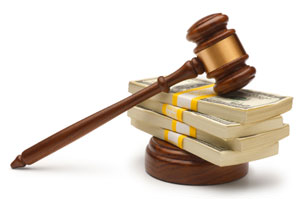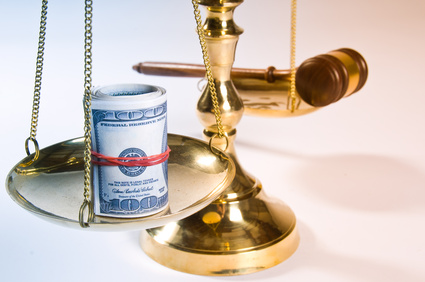With the popularity of smart devices on the rise, their prevalence in the courtroom is increasing. In 2018, police used Karen Navarra’s Fitbit fitness tracker to find her murderer. Police accessed the recorded information and determined that her heart rate spiked then dropped significantly while her stepfather was in her house. Due to neighbors reports and the information from Fitbit, police were able to determine her stepfather was the murderer. This is not the first time Fitbit’s technology has been used by police to solve crimes. In 2015 Fitbit provided location data in association to a sexual assault and personal injury case, and in August 2018, Fitbit data helped the F.B.I. in Mollie Tibbett case.
Fitbit is forthcoming with their information when requested, and their user agreement states the data is used “to promote the safety and security of … our users, and other parties” and Fitbit “may use the information to … respond to legal request.” But not all tech giants are as forthcoming with their data. Apple has repeatedly denied law enforcement assistance in cases involving their technologies. In 2016, Apple denied the FBI’s order for access to one of the San Bernardino killers iPhone. This refusal cost the FBI at least $1.3m to hack into the killers device.
This begs the question: what information is your technology tracking and can that information be used for legal purposes?
Your devices are subject to subpoenas, search warrants, and discovery requests. This includes photos, text messages, call records, and search history, among others. With recording devices like Alexa and Google Home, people are now receiving subpoenas for voice recordings. Amazon says that Alexa records a few seconds before an “awake word” is spoken and during any commands, which essentially means Alexa is always listening.
Some companies like Apple have successfully evaded subpoenas. Amazon also attempted to avoid complying with law enforcement on the grounds of Freedom of Speech. A week later they complied and supplied audio recordings. Requests for this type of data is becoming more prevalent. The growing trend is that large companies are increasingly acquiescing to these requests. As we move out of the holiday season, remember that Alexa sees you when your sleeping, knows when your awake, and will record you for possible use in court.



